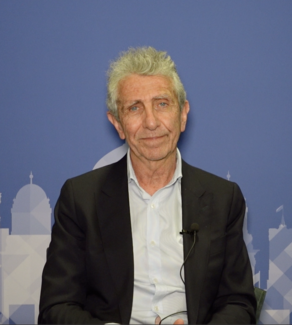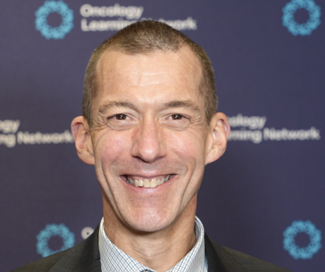Optimizing Supportive Care for Patients With GI Cancers
Rutika Mehta, MD, MPH, Weill Cornell Medicine, New York-Presbyterian Hospital, New York City, New York, discusses how to optimize supportive care for patients with gastrointestinal cancers, highlighting the use of a multidisciplinary team.
Transcript:
Hello everyone. My name is Rutika Mehta, and I'm a GI medical oncologist at Weill Cornell Medicine, New York-Presbyterian Hospital in New York City, New York.
Today at Great Debate in Solid Tumors, I gave a presentation on optimizing supportive care in the management of GI cancer patients. When I talk about supportive care, it essentially means taking care of symptoms right from the onset of the diagnosis through the continuum of the cancer journey, through their treatment and survivorship.
I also touched upon some of the side effects that arise from cancer-related treatment ranging from chemotherapy to molecular antibodies to small molecular inhibitors, immunotherapy, and of course antibody-drug conjugates. We see a diverse range of side effects, which have various strategies to mitigate, and there are several guidelines that have been instituted, such as by NCCN, ESMO, ASCO,to help us manage these symptoms. Last but not the least, the treatments itself, such as chemoradiation, or the diagnosis of the cancer itself, can pose significant challenges in terms of side effects such as bowel obstruction, or strictures, cancer-related pain, all that have various ways of managing.
In short, I highlighted that there is a multidisciplinary team that goes behind the management of all these toxicities from medical oncologists, gastroenterologist, interventional radiologists, surgeons, pain management specialists, palliative care physicians, and your rehab people, in order to help support the patient to the continuum of the cancer journey. Thank you.















